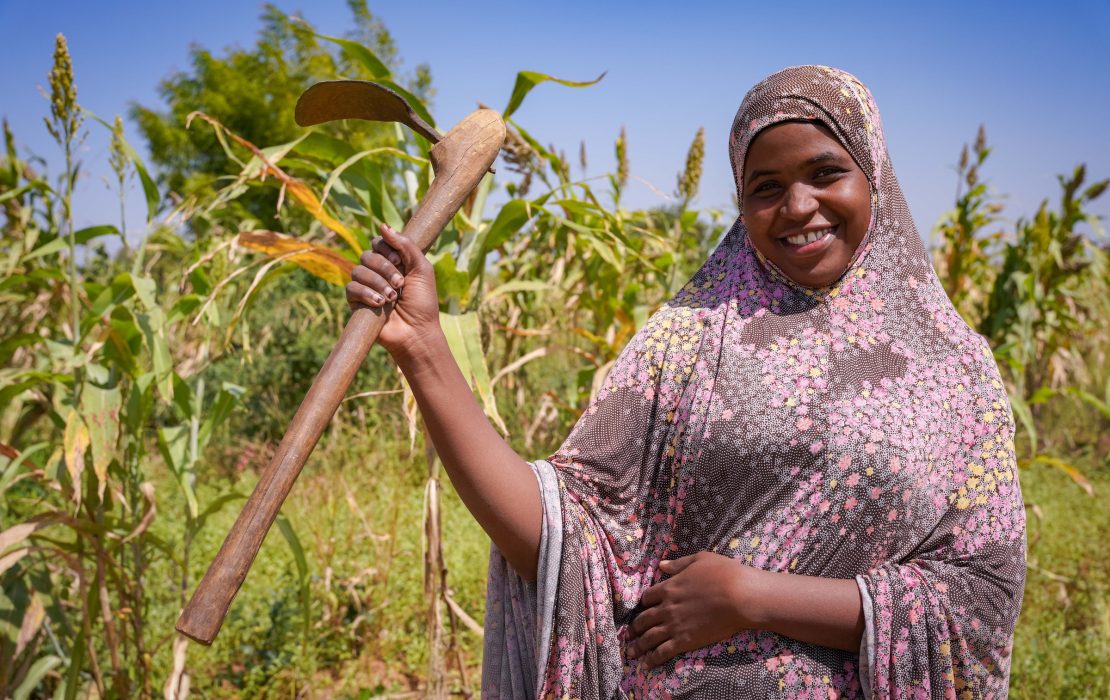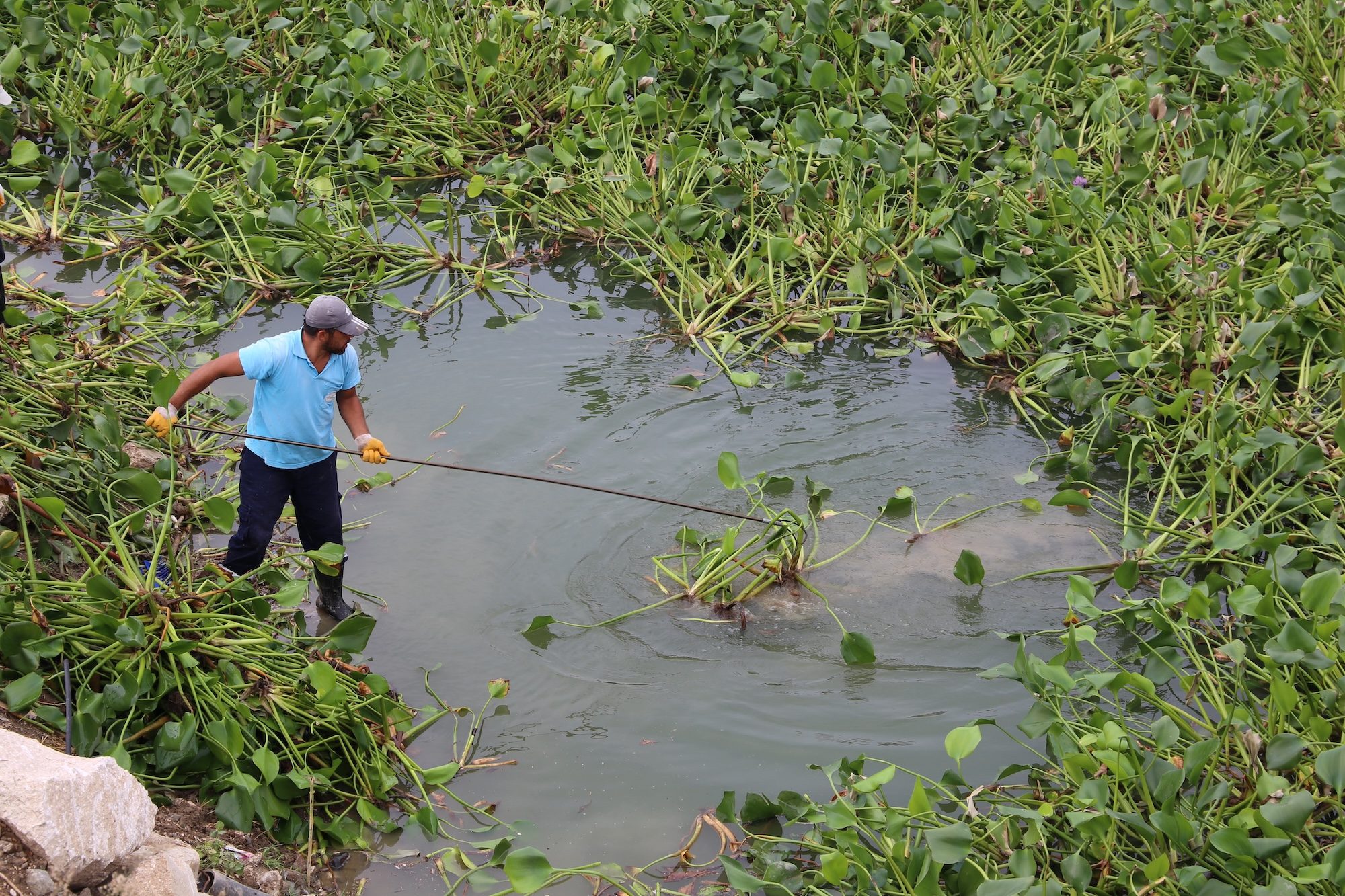
The Asi (Orontes) River flows from Lebanon, northwards through Syria, and into the Mediterranean Sea in Türkiye’s Hatay province. In recent years, the pollution in the 571 km long river has increased significantly, with household goods and food and plastic waste accumulating in its waters along the route.
The waste in the Asi River turns into a serious marine litter problem off the coast of Hatay, creating a major public health risk. Furthermore, by natural dispersal from Lebanon and Syria to Türkiye, an invasive species of water hyacinth is clogging up the waters, hurting biodiversity and water quality, and threatening the local fishing economy.
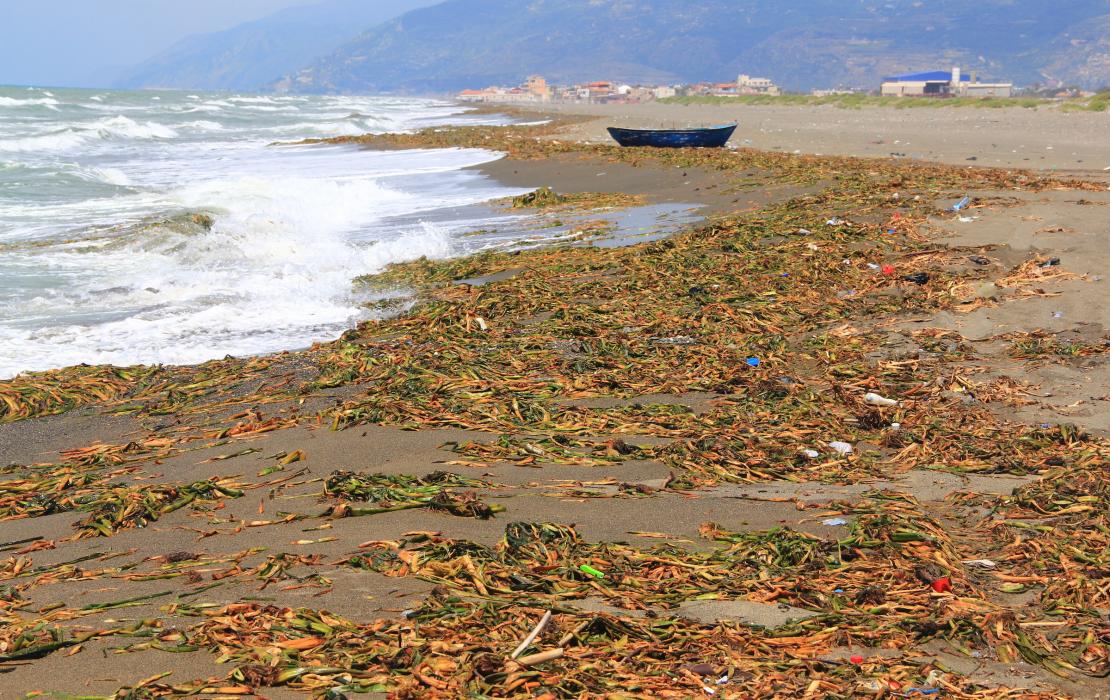
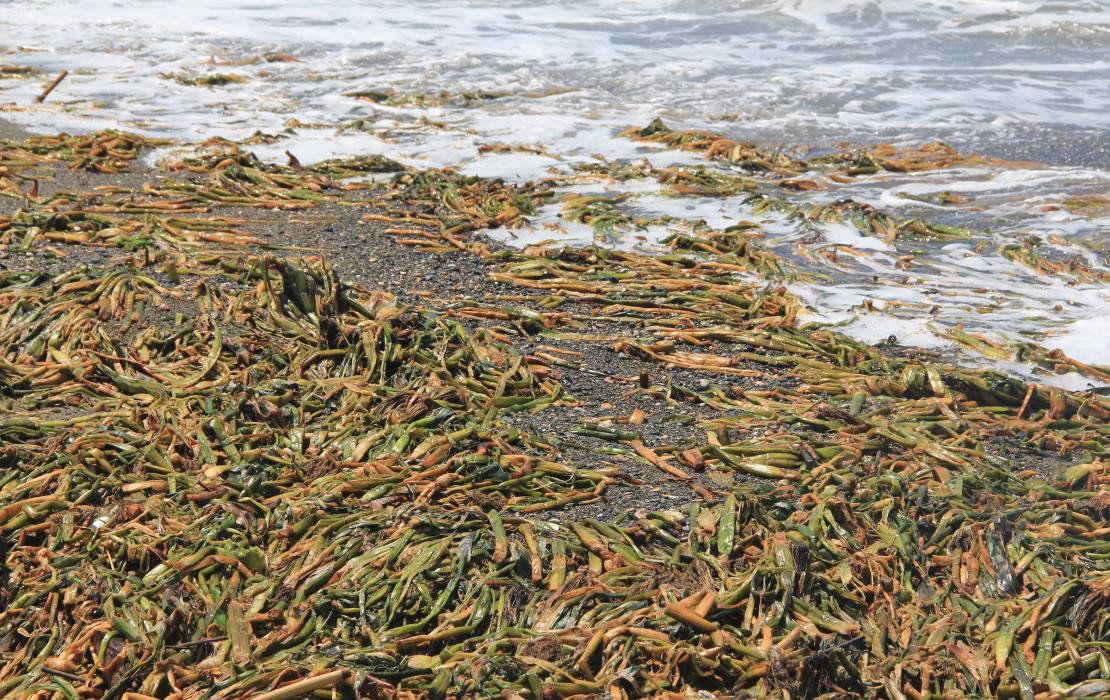
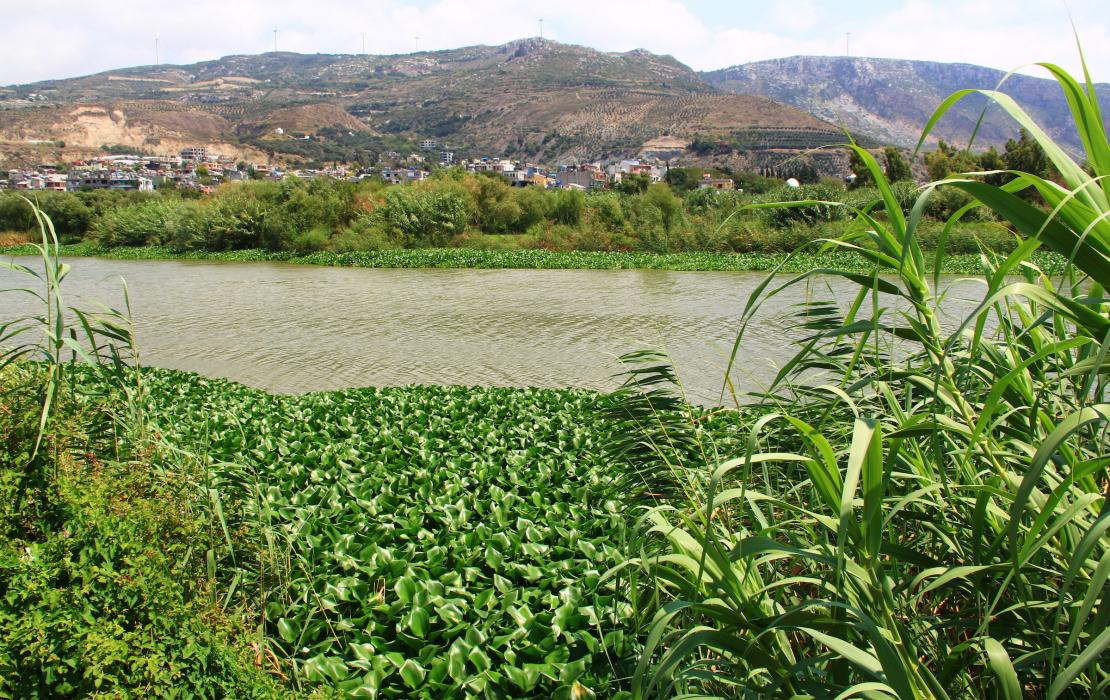
A rapid increase in population is putting further strain on the city’s existing problems. In the aftermath of the Syrian civil war, over 400,000 refugees have settled in Hatay, which is now home to 1.7 million people. This drastic increase in population, combined with the accelerating effects of the climate crisis, is putting heavy pressure on the city’s infrastructure.
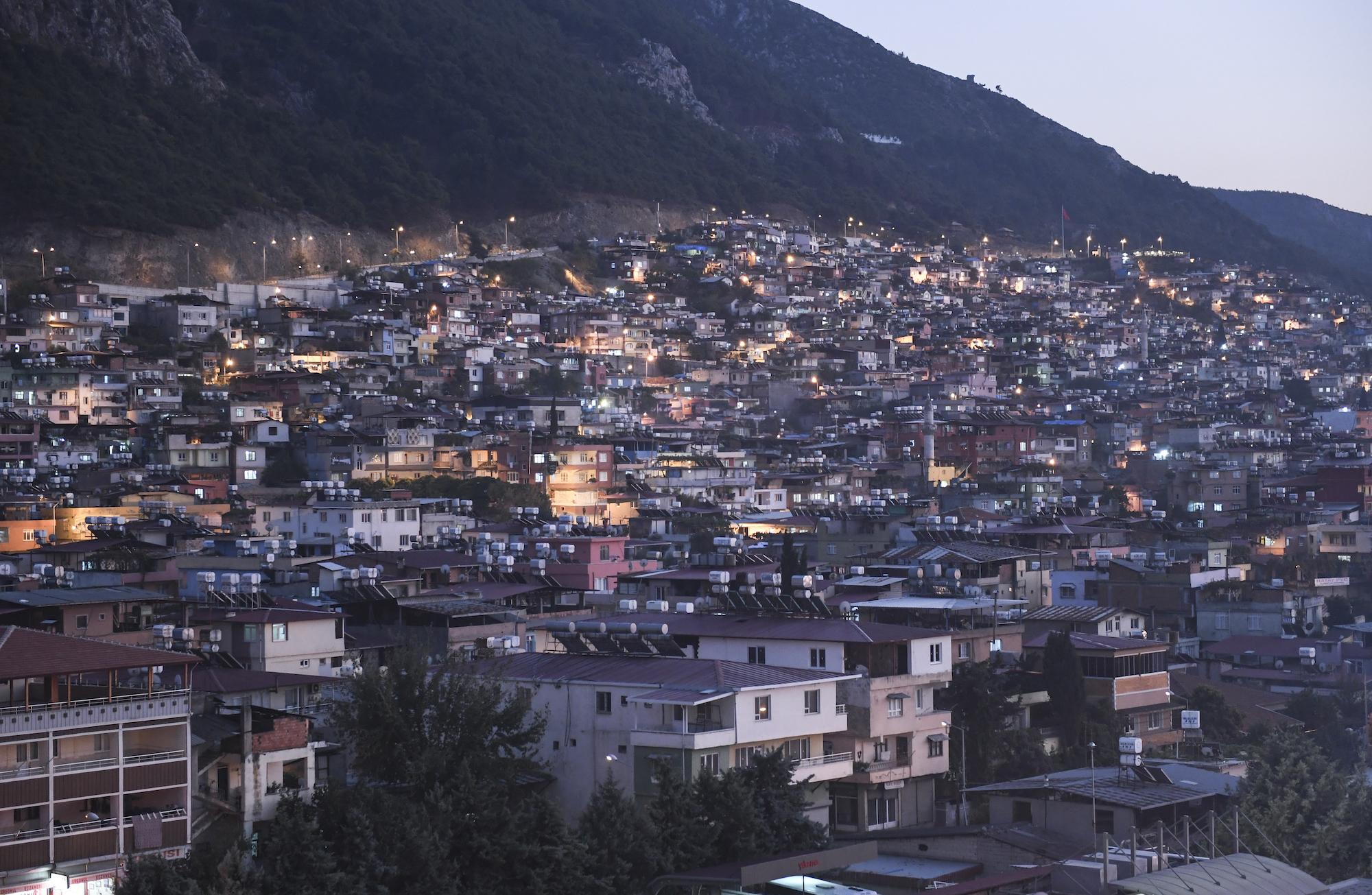

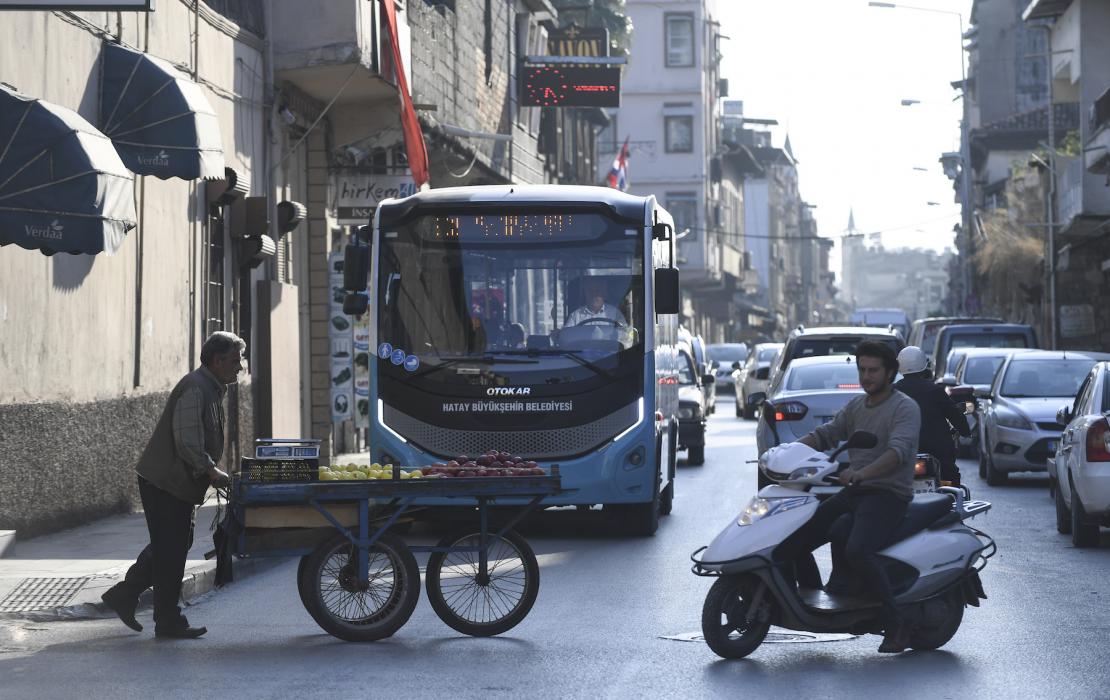
With funding from the Government of Japan, UNDP is now working with the authorities in Hatay to respond in the best way to the problems the city and its inhabitants are facing because of the river’s current condition. This new initiative will follow a three-pronged approach.
First, waste from the Asi River, which reaches the Mediterranean at the city of Samandağ, will be reduced. To achieve this, the project will provide support to the Hatay Metropolitan Municipality, to trap and collect the waste that has already reached the river.
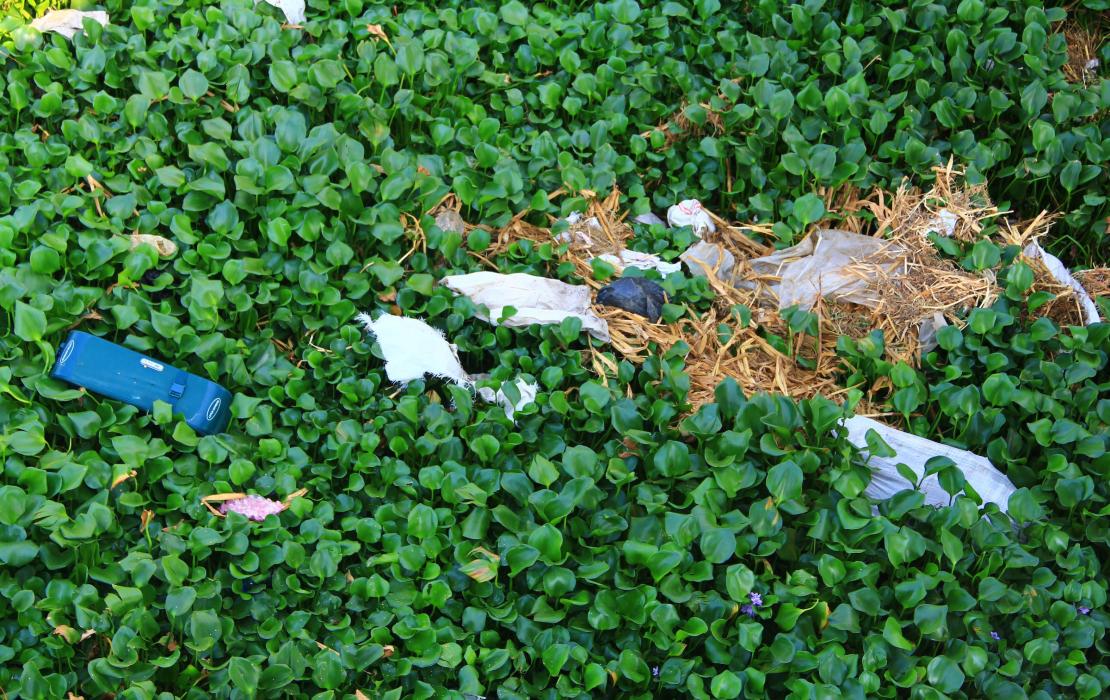
Second, through improved guidelines supporting waste management and public education, the project aims to reduce the practice of dumping waste into the river. Educational materials about zero waste will be created for kindergarten teachers, and local leaders (mukhtars). Moreover, in collaboration with the Ministry of Environment, Urbanisation and Climate Change, assessment reports about waste management and zero waste will be developed, and waste solutions that have been successfully applied in Hatay will be promoted in other coastal cities as well.
Last but not least, the project aims to counter the threats posed by the proliferation of water hyacinth in the Asi River by establishing a system to monitor its spread and reducing pollution levels.
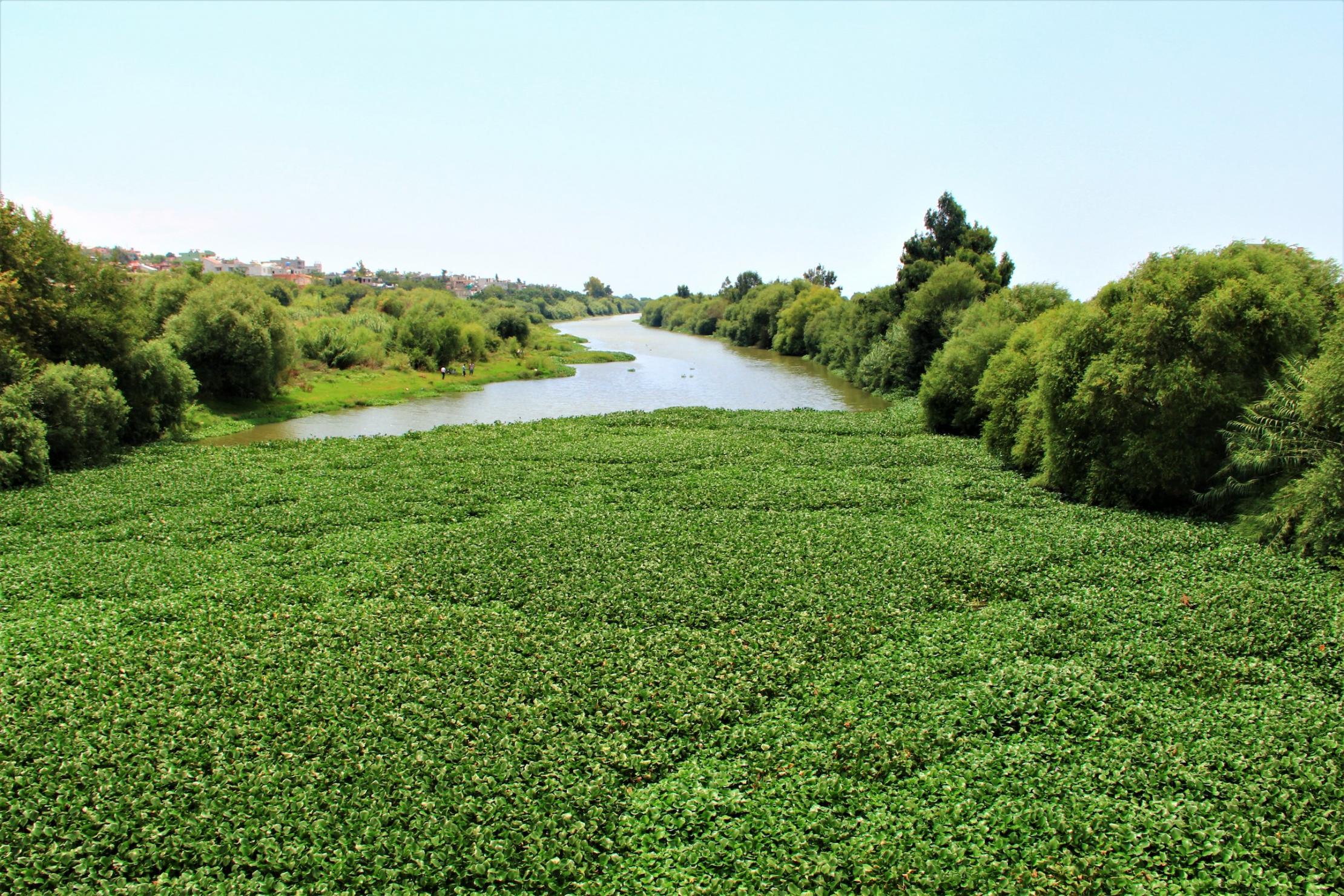
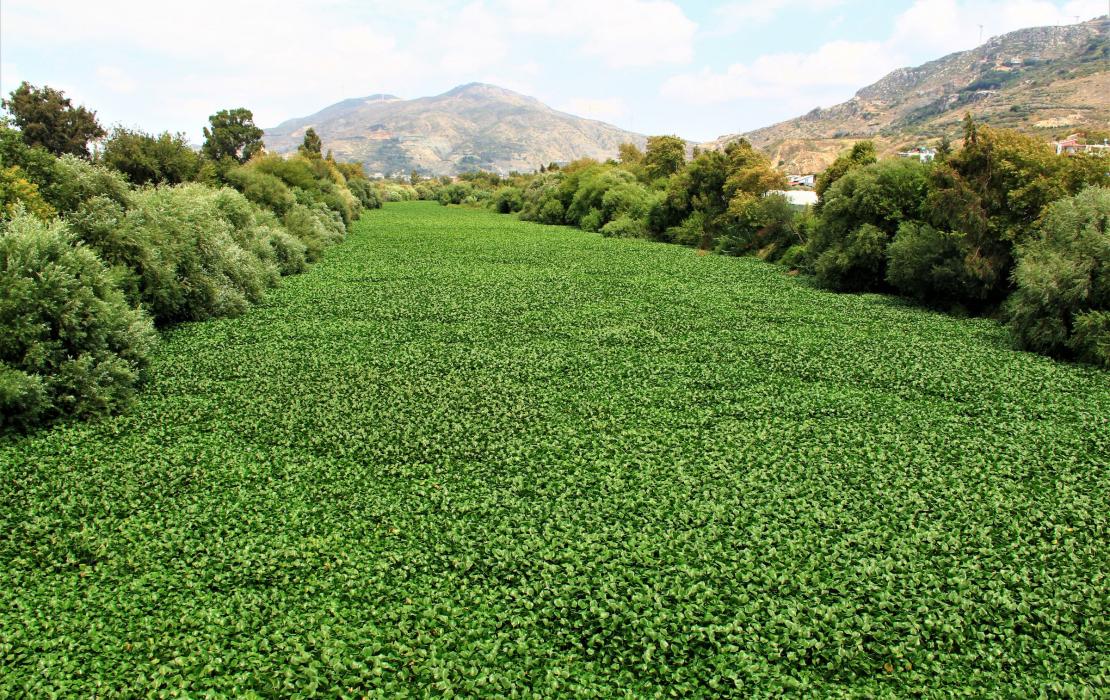
As the impacts of the climate crisis intensify around the world, one of the most effective ways to respond is to implement plans and initiatives tailored for local conditions.
In sustainable development studies, local administrations stand out as essential actors due to their high organizational capabilities and knowledge of local conditions. Financial factors are often the main obstacle for them to show their full potential in the field. By considering the specific conditions and needs of the Hatay province and offering financial assistance to local administrations, this new Japan-funded initiative, implemented by UNDP, offers a road map for how localized climate action can occur, improving livelihoods and boosting resilience.
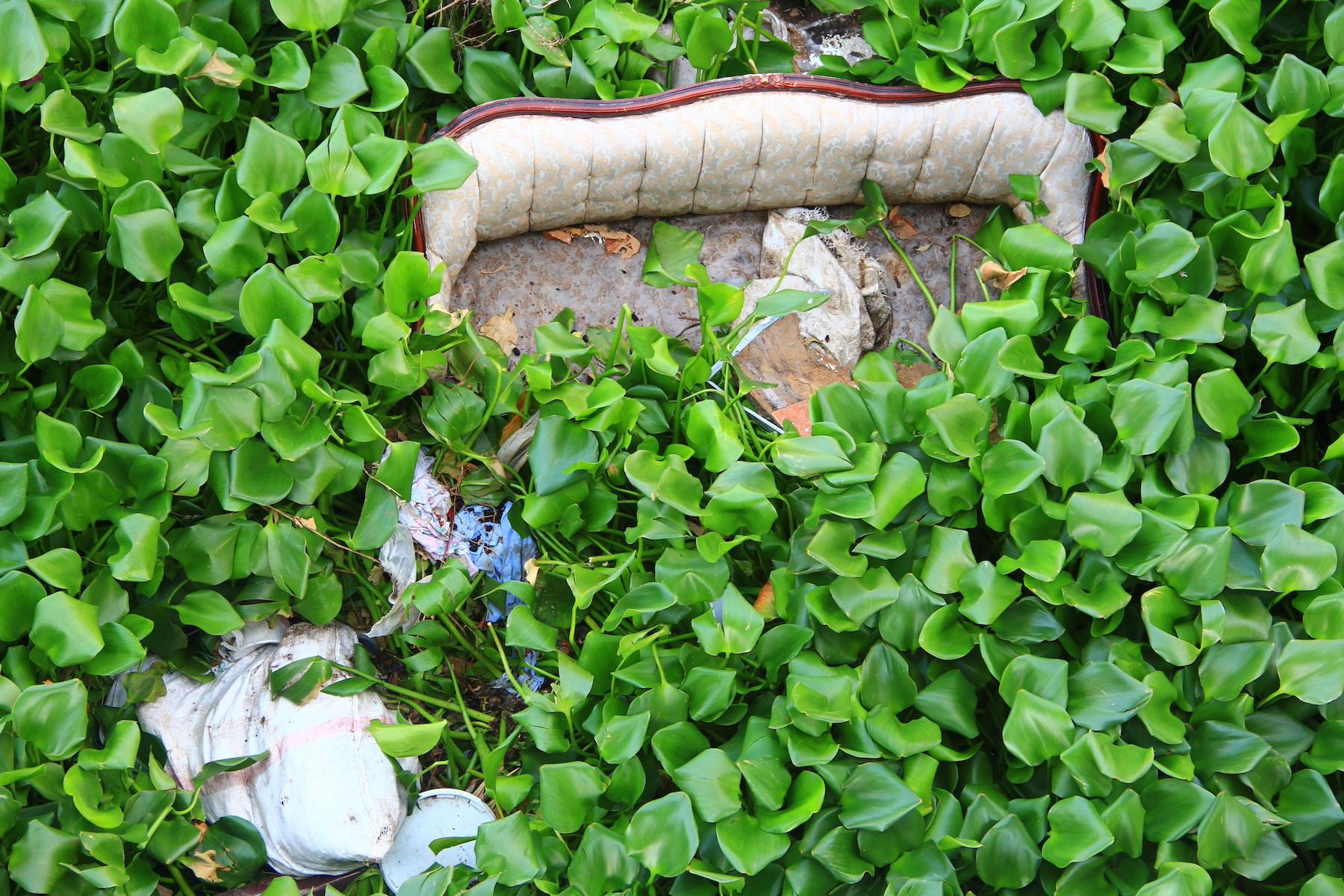
Japan considers that the climate crisis is a threat to all humanity and, in cooperation with UNDP, leads countries to accelerate their climate action.
In 2021, UNDP launched a new phase of Climate Promise – From Pledge to Impact – aimed at translating NDC targets into concrete action. Japan is the largest supporter of this phase and joins longstanding partners such as Germany, Sweden, the European Union, Spain, and Italy and new partners such as the United Kingdom, Belgium, Iceland, and Portugal to accelerate these efforts.
*
All photos: İsmail Zubari, Levent Kulu, Bora Akbay
